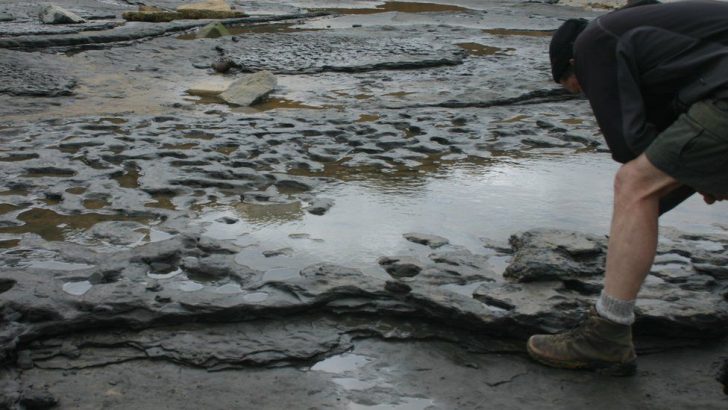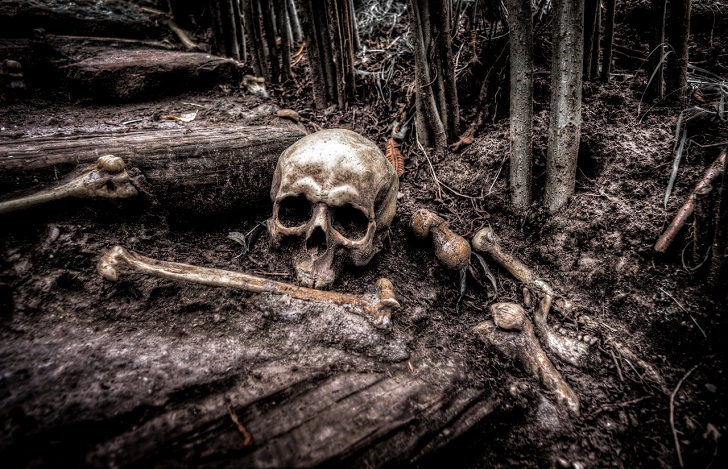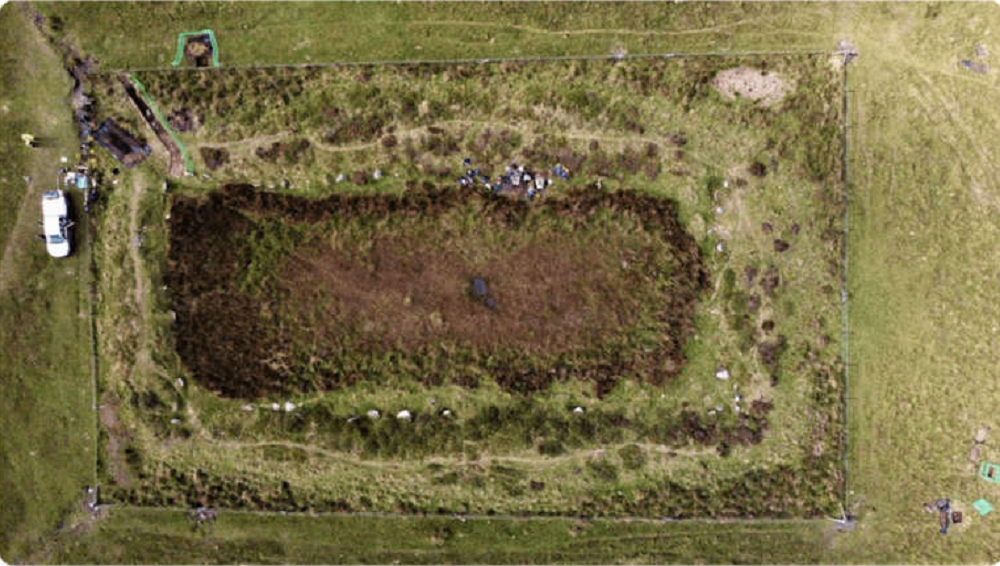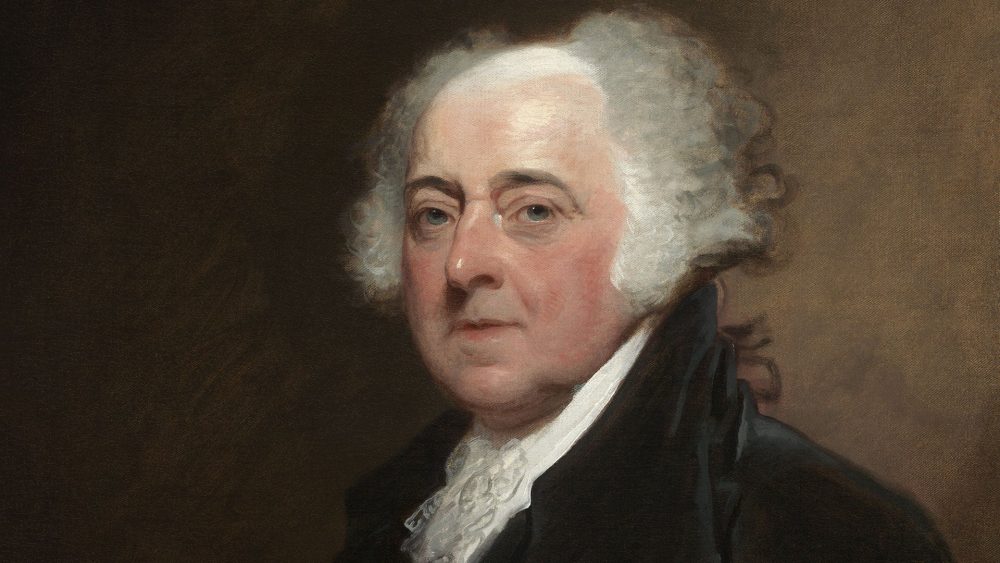In a surprising twist of Earth's ancient climatic history, new research has revealed that a previously unknown big freeze was pivotal in driving early humans out of Europe for a staggering 200,000 years. But fear not; they didn't give up that easily – these resourceful ancestors of ours adapted and eventually made their triumphant return.
This intriguing discovery adds an extra layer to our understanding of early human resilience and survival tactics.
Chilling Evidence Unearthed
The revelation stems from the analysis of ocean sediments dating back 1.1 million years, gathered off the coast of Lisbon, Portugal. These sediments provide an annual record of sea conditions and vegetation through layers of pollen grains, effectively offering a glimpse into the past. The sudden drop in temperatures, estimated at over 5 degrees Celsius, was found to be responsible for this historical climate catastrophe.

Pixabay/ Pexels | Europe was a laboratory for human adaptation
Bracing for a Frigid Reality
We've all grown quite accustomed to the modern comforts of heating, warm clothing, and a consistent food supply. But imagine facing such extreme conditions without these privileges.
Professor Axel Timmermann, director of the IBS Centre for Climate Physics in Busan, South Korea, explains that early humans were not equipped to handle such severe conditions. Without direct evidence of fire control during that time, the cold and dry European landscape must have posed an immense challenge to their survival.
The Missing Millennia
For years, the prevailing notion was that humans had maintained a continuous presence in Europe for around 1.5 million years. However, the new research reveals a missing period – a gap in human existence from 1.1 million to around 900,000 years ago. This gap was reconstructed through meticulous scrutiny of fossil and archaeological evidence.

Pixabay/ Pexels | Early humans were not yet well adapted to cope with such extreme conditions.
Human Remains and Stone Clues
A deeper dive into the historical record uncovers intriguing finds. Human remains dating back as recently as 1.1 million years ago were discovered in Spain. This evidence suggests that the freeze prompted a temporary exodus.
Following this period, artifacts and footprints have been unearthed in Happisburgh, Norfolk, England, dating to around 900,000 years ago. Though the species occupying this region remains uncertain due to limited fossil evidence, clues hint at the presence of Homo ancestor, a more advanced human species.
Adapting to the Cold
As time progressed, the climate improved, but it remained colder than today's standards. However, early humans seemed to have adapted sufficiently to the chilling conditions.
Professor Nick Ashton from the British Museum speculates that these adaptations might have included increased body fat for insulation, better hunting and scavenging skills, and the development of improved clothing and shelters. This adaptability potentially paved the way for humans to continuously conquer the challenges of successive cold periods and inhabit Europe.

Skitterphoto/ Pexels | The sudden drop in temperatures, estimated at over 5 degrees Celsius, was found to be responsible for this historical climate catastrophe
A Laboratory of Adaptation
In its ancient state, Europe served as a laboratory for human adaptation. According to Professor Chris Stringer from the Natural History Museum, the return of a more resilient species – whether through learning survival tactics or possessing more sophisticated behaviors – set the stage for the eventual establishment of European human populations.
This enduring presence laid the foundation for the evolution of species like Neanderthals and, ultimately, Homo sapiens.
A Chilly Legacy
Neanderthals flourished around 400,000 years ago and might have evolved from the early Happisburgh humans. Meanwhile, our species, Homo sapiens, emerged in Africa around the same time. By 42,000 years ago, we had already settled in Europe, coexisting with Neanderthals until their extinction roughly 40,000 years ago.





